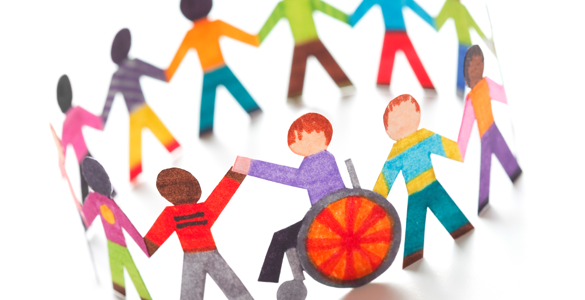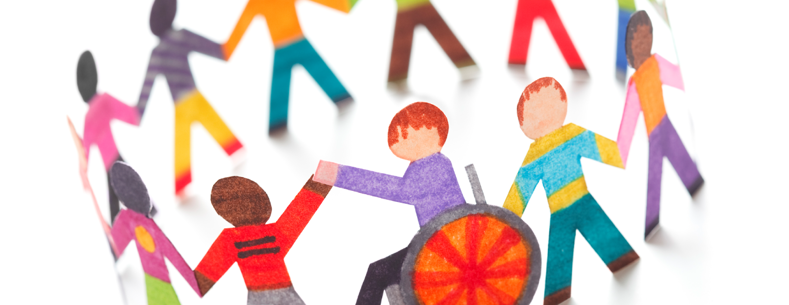Last week, the United Nations gave its verdict on what progress has been made to deliver on children’s rights in Wales. Following a UK-wide review, it made more than 150 recommendations. The UN’s recommendations refer to a wide range of issues that have featured prominently in previous Assemblies. Its recommendations cover subjects such as Child and Adolescent Mental Health Services (CAMHS); the attainment gap in education; looked after children; children with special educational needs; children’s play; and childhood obesity. Referring specifically to Wales, the UN:
- Is concerned about ‘high’ child poverty rates in the UK, which it says is affecting children in Wales and Northern Ireland the most. [Wales has the highest child poverty rate of all the UK nations at 31%, equivalent to around 172,000 children];
- Expresses concern that ‘children’s views are not systematically heard in policy-making on issues that affect them’ and notes there is no youth parliament in Wales. It recommends that one should be established as a priority, so that children can effectively engage with the legislative process on issues that affect them.
[This week, the Campaign for a Children and Young People’s Assembly for Wales launched a consultation for children and young people on its ideas about which model a new youth assembly for Wales could look like];
- Is concerned that the powers of the Children’s Commissioner for Wales are still limited. [See our blog: An important time for children’s rights in Wales for background to a recent independent review which looked at the powers.]
Some of the UN’s views on UK wide issues include that:
- It is ‘seriously concerned at the effects of the recent fiscal policies and allocations of resources’ on children’s rights and that they disproportionately affect children in disadvantaged situations;
- There is a need to ‘prohibit as a matter of priority all corporal punishment in the family, including the repeal of all legal defences, such as ‘reasonable chastisement’, often referred to as a ‘smacking ban’. [In May 2016, the First Minister committed to taking forward, on a cross-party basis, legislation that will remove the defence of reasonable chastisement in Wales];
- There should be a consultation on allowing 16 and 17 year olds to vote. [If the Wales Bill 2016 currently before Parliament is passed, the Assembly would have powers to change the age at which people can vote in Assembly Elections]
- Infant and child mortality is linked to social and economic deprivation. [Children aged 0-17 living in the most deprived parts of Wales are almost twice as likely to die as those in the least deprived parts].
See our recent blog: Prioritising children and young people for further statistics on children in Wales.
Why is the UN having its say?
This will be the fifth time the UN has looked at the progress made in delivering the rights of children and young people since the UK Government signed up to the United Nations Convention on the Rights of the Child (UNCRC) in 1989. The UNCRC gives children and young people up to the age of 18 a wide range of rights, including rights to protection, health, family, education, culture and leisure. See a summary of its articles (PDF 19.62MB). In 2011, the Welsh Government went one step further, receiving international recognition when it became the only country in the UK to incorporate the UNCRC into domestic law through its Rights of the Children and Young Persons (Wales) Measure. This has inevitably resulted in questions about what this relatively new law means in practice and what difference it is making to the day to day lives of children and young people living in Wales. The UN Committee on the Rights of the Child is a panel of international experts on children and young people whose role is to scrutinise governments progress in implementing the UNCRC.
On what evidence does the UN make its judgement?
Its verdict is based on written evidence from the UK and devolved governments; all four UK Children’s Commissioners; national reports from Non-Governmental Organisations as well as evidence provided by children and young people. Representatives of the United Nations visited the UK and Wales to meet with stakeholders and children and young people. Subsequently Welsh and UK representatives went to Geneva to give further evidence and answer questions about what more the Westminster and Welsh Governments need to do to fully implement the UNCRC. Of interest to Assembly Members and other stakeholders may be the range of written evidence about Wales which was submitted to the UN. This includes:
- The Welsh Government’s contribution to the UK State Party report to the UN Committee (PDF 397KB) in October 2013 which was subsequently included in the UK Government’s written submission to the UN Committee in May 2014;
- A report (PDF 1.05MB) submitted by the four UK Children’s Commissioners;
- Evidence from the alliance of Non-Governmental Organisations (NGOs) in the report of the Wales UNCRC Monitoring Group (PDF 474KB);
- Two reports by children and young people, including the Little Voices shouting out report (PDF 4.69MB) and the FUNC + Report.
What next in Wales?
The UN last gave its verdict on children’s rights in Wales back in 2008. In response to its recommendations, the then Welsh Government published Getting it Right - a 5 year action plan. We are yet to hear how this new Welsh Government, and the new Cabinet Secretary for Communities and Children, Carl Sargeant, will respond to what the UN has said in this most recent report. It’s notable that the cabinet for this new Welsh Government includes a Cabinet Secretary whose title specifically includes children. Announcing this in Plenary on 24 May 2016, the First Minister confirmed that ‘we’re identifying the interests of children as a distinct ministerial responsibility’. Given successive Welsh Governments’ stated commitments to children’s rights, the UN’s most recent findings are likely to provide the basis for further scrutiny during this Fifth Assembly.
Article by Sian Thomas, National Assembly for Wales Research Service






